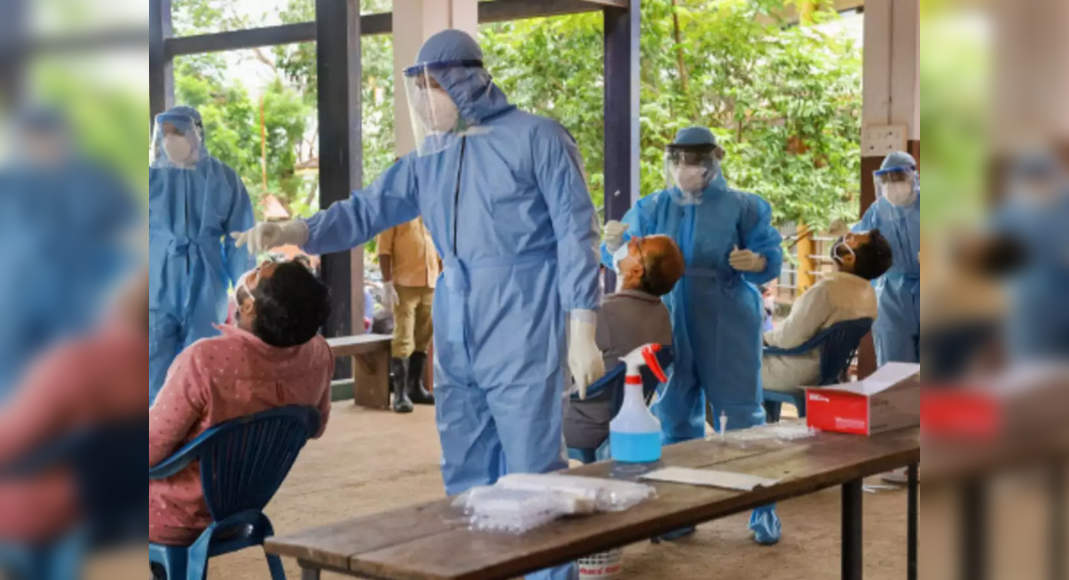HYDERABAD: Decoding why several households have reported multiple cases of Covid-19 infection this time as compared to mostly single cases in families in the earlier wave, Public Health England, a UK government health organisation, has found that the Delta variant (B.1.617.2) first discovered in India, spreads fast in a household setting.
The Delta variant is fueling the Covid-19 second wave in many parts of India including Telugu states and spurt in cases in some countries.
While other variants mostly infect one person in a household, the Delta infects more than one.
This explains why several members in many families were down with Covid-19 this time.
The Public Health England has compared the transmission rate of the Delta variant in a household setting with that of the Alpha variant (B.1.1.7), which is also a variant of concern.
The Alpha variant was first discovered in the UK.
Read AlsoTotal UK cases of Covid-19 Delta variant spike to 42,323LONDON: Total British cases of the Delta coronavirus variant of concern first identified in India have jumped by 29,892 to 42,323, Public Health England said on Friday, adding the variant accounted for over 90% of new Covid-19 cases in the country.
The figure was a big jump on the 12,431 cases of“Overall, we found increased household transmission of Covid-19 associated with B.1.617.2 compared to B.1.1.7.
These findings show households are important settings for rapid transmission of the lineage B.1.617.2.
With household settings being an important factor in wider community spread, strategies to prevent transmission in these settings are vital to control the Covid-19 pandemic,” the PHE study released on Friday said.
Read Also‘Covaxin shields against Beta, Delta variants’The indigenously developed Covid-19 vaccine Covaxin protects people against the deadly Beta (B.1.351) and Delta (B.1.617.2) variants, more commonly referred to as the South African and Indian variants, a study has found.According to the PHE study, there is a 64% increase in the odds of household transmission associated with infection with B.1.617.2 variant compared to B.1.1.7.
“This study provides early real-world evidence of the effect B.1.617.2 variant on household transmission.
The findings support existing evidence that B.1.617.2 has a substantially increased transmissibility advantage over the B.1.1.7 variant,” the PHE researchers said.
This study also found evidence of increased household transmission among households with an index case of Asian ethnicity,” the researchers added.
They said households are high risk settings for transmission of Covid-19 and are an important factor in wider community spread.
“By assessing the extent to which B.1.617.2 results in onward transmission to household members compared to B.1.1.7, we can assess the relative transmissibility of this variant, and provide information vital to the national and international pandemic response,” they added.
The study found that the odds of household transmission was 1.66 among those with B.1.617.2 variant.
While the wild strain of novel coronavirus dominated the wave I assisted by its mutants like N440k, the Alpha and Delta variants took the lead role during wave II.
Luckily, vaccination protects from these variants.
Even in case of infection, the severity of the disease and the need for hospitalisation do not arise.







